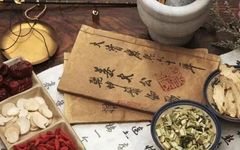The methods for taking decoctions include aspects such as the temperature of the medicine, dosage, timing, and dietary restrictions while taking the medicine.
01
Temperature of the Medicine
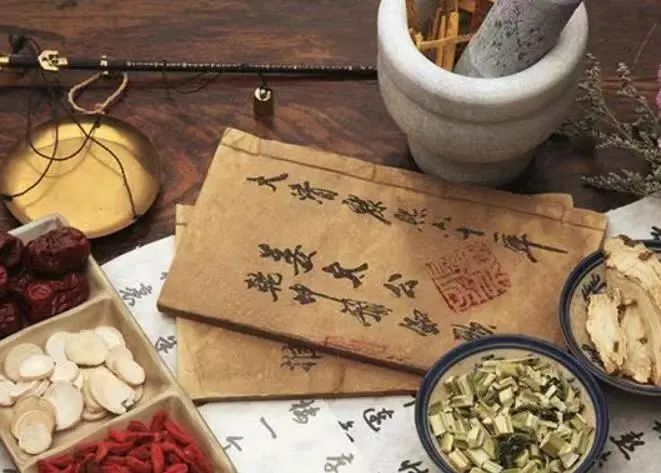 01
01
Warm Administration:
Generally, decoctions should be taken warm, especially those that may irritate the gastrointestinal tract, such as Gua Wei Ren (Trichosanthes Fruit) and Ru Xiang (Frankincense). Taking them warm can harmonize the stomach and benefit the spleen, reducing irritation to the gastrointestinal tract.
02
Cold Administration:
Patients with vomiting or poisoning should take the medicine cold. Cold medicines can also be taken cold for heat conditions; for true cold with false heat, warm medicines should be taken cold.
03
Hot Administration:
Expelling pathogens and cold condition medicines should be taken hot to enhance their efficacy; for true heat with false cold, cold medicines should be taken hot.
Additionally, for patients prone to nausea and vomiting, it is advisable to chew a piece of fresh ginger or orange peel before taking the medicine to prevent vomiting.
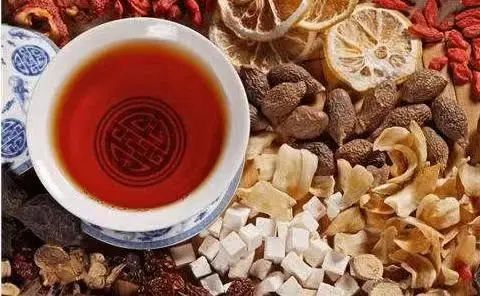
 Temperature of the Medicine
Temperature of the Medicine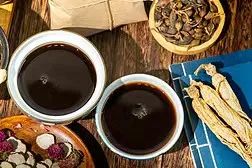 02
02
Dosage of the Medicine
The amount of decoction taken often varies, either more or less, and its quality can be light or strong, making it difficult to meet the needs of the condition. To ensure the quality of the decoction, the amount of water, cooking time, and heat must be strictly followed, and there are also corresponding regulations for the dosage of the decoction.
01Adults:
The typical dosage for adults is about 150-200ml per dose, taken twice daily.
02Children:
Newborns should take 1/6 of the adult dosage; children under 3 years should take 1/3; children aged 3 to 7 should take 2/3; children aged 7 to 12 should take the minimum adult dosage; and those over 12 should take the adult dosage. It is important to note that for children, the dosage should be smaller and taken more frequently, rather than a large amount at once, to avoid choking; for critically ill patients, medication should be taken as prescribed by a physician.
03
Timing and Frequency of Taking Medicine
The timing of taking medicine must be determined based on the condition and the properties of the medicine.
(1) Tonifying medicines and those for gastrointestinal diseases are generally taken before meals.
(2) Medicines that irritate the gastrointestinal tract should be taken immediately after meals to reduce irritation.
Regardless of whether taken before or after meals, there should be a gap of 0.5-1 hour between taking medicine and eating to avoid affecting the digestion and absorption of the medicine and food, hindering the efficacy of the medicine.
(3) For chronic diseases, medication must be taken at regular intervals to maintain a certain blood concentration in the body.
(4) Expelling pathogens medicines should be taken while hot, covered with clothing to induce slight sweating, and can be stopped once the symptoms are relieved.
(5) Anti-parasitic and purgative medicines are best taken on an empty stomach. Taking them on an empty stomach concentrates the medicinal effect and speeds up the onset.
(6) Sedative medicines should be taken just before sleep.
(7) Antimalarial medicines should be taken 2-3 hours before the onset of malaria to achieve the goal of stopping the disease.
(8) Special formulas should be taken as prescribed by a physician.
Typically, a dose of Chinese medicine is taken three times a day. If the condition improves, it can be reduced to twice daily; however, in severe or critical cases, it may be taken every 4 hours continuously to maintain the medicinal effect, which is beneficial for combating the disease. When using medicines that induce sweating or purging, if the medicinal effect is strong, individual differences should be noted, generally aiming for sweating or purging to a moderate degree, without overdoing it, to avoid damaging the vital energy. For potent or toxic medicines, it is advisable to start with a small amount and gradually increase, stopping once effective, and to avoid overdose to prevent toxicity.
Health Care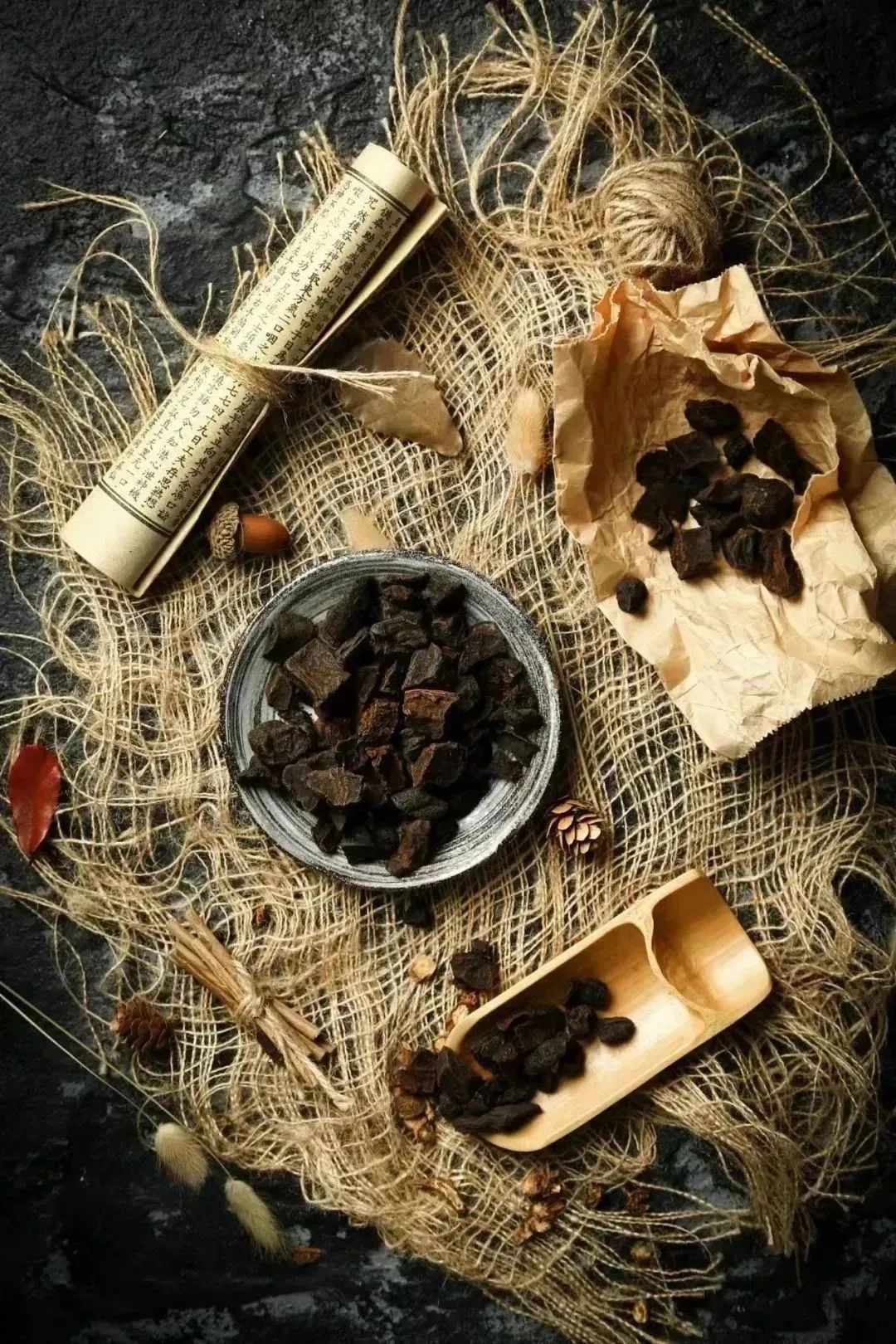
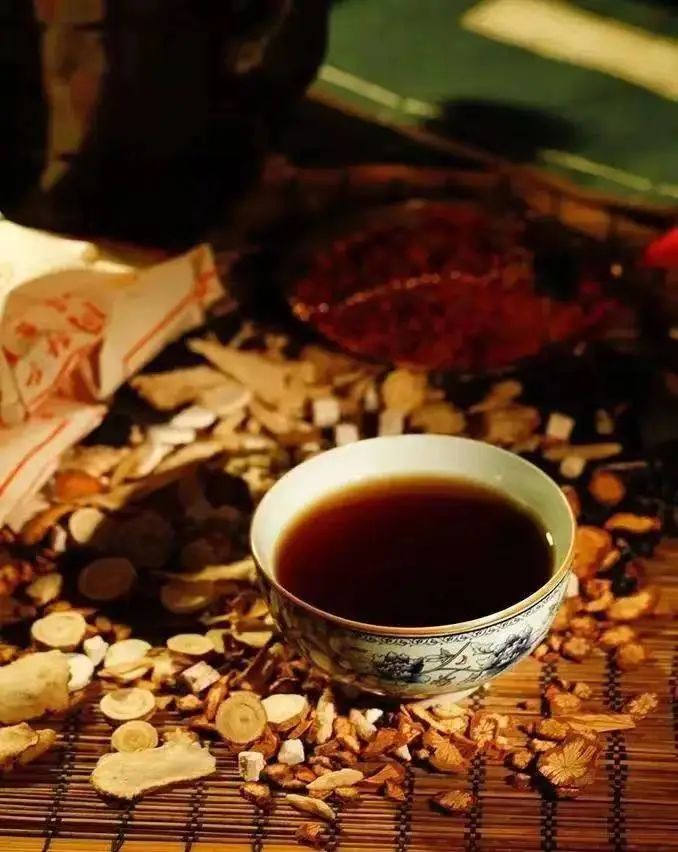 04
04
Dietary Restrictions While Taking Medicine
01
Generally, it is advisable to eat less legumes, meats, cold foods, and other hard-to-digest foods while taking medicine to avoid increasing the digestive burden on the patient and affecting recovery.
02
For heat-related diseases, alcohol, spicy foods, fish, and meats should be avoided or minimized. Alcohol and spicy foods are hot in nature; fish and meats are rich and can generate heat and phlegm, worsening the condition.
03
When taking expelling pathogens or rash-inducing medicines, it is advisable to eat less cold and sour foods, as cold and sour foods have astringent effects that hinder the medicinal effects.
When taking warming and tonifying medicines, it is advisable to drink less tea and eat less radish, as the cooling nature and downward-moving effect of tea and radish can reduce the warming and tonifying effects on the spleen and stomach.
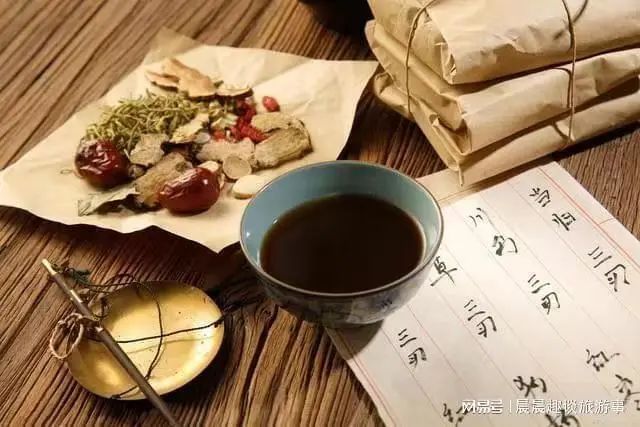
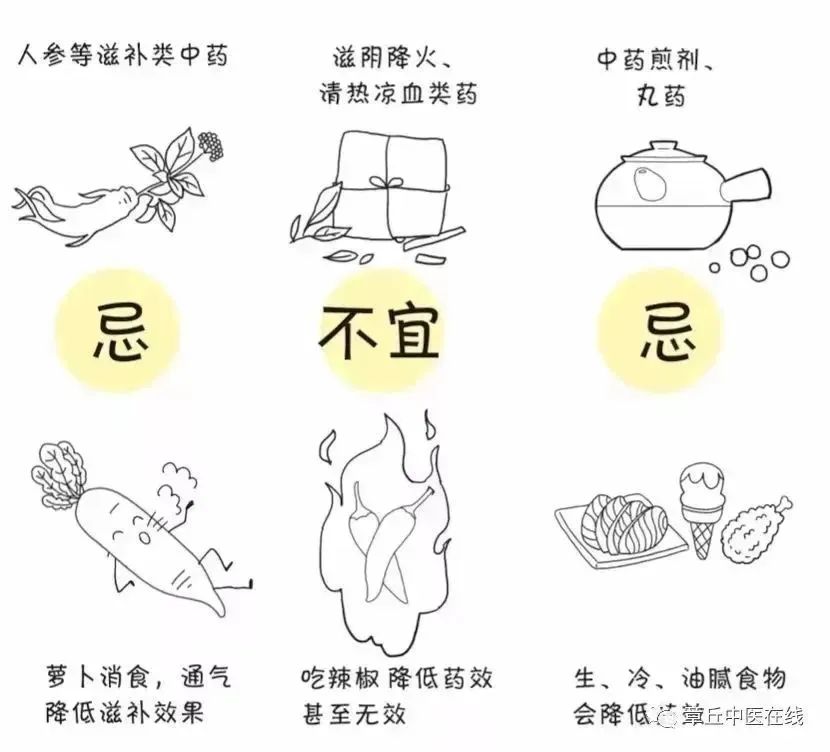 Contributed by | Cao NaifengEdited by | Office
Contributed by | Cao NaifengEdited by | Office
Reviewed by | Yang Xiangze
Knowledge Popularization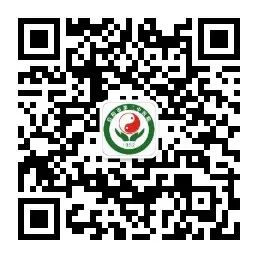 Knowledge PopularizationSmall Knowledge of Traditional Chinese Medicine
Knowledge PopularizationSmall Knowledge of Traditional Chinese Medicine

